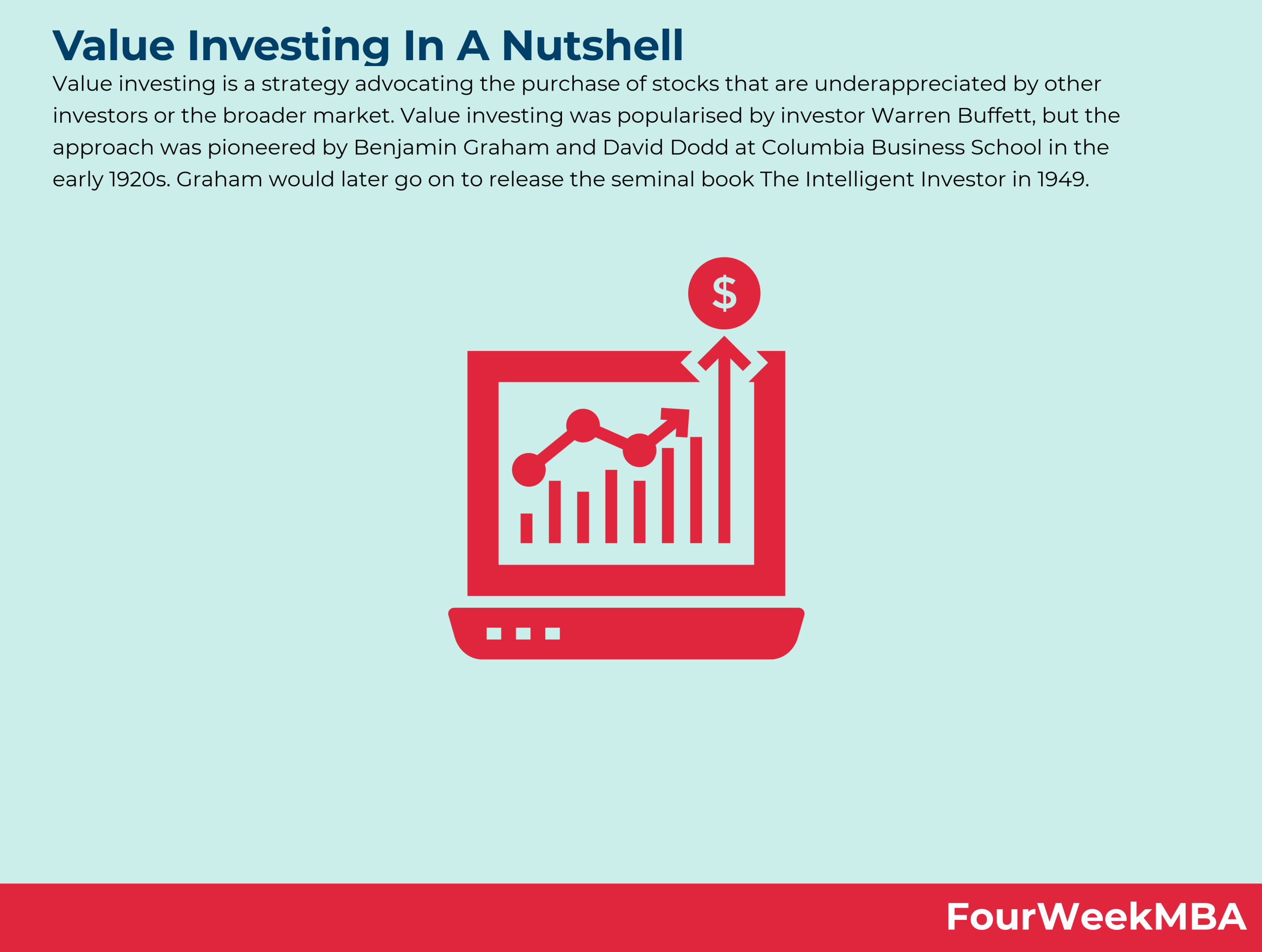Are Australian investors overly conservative? – Page 2 of 2 – StartupSmart
The narrow focus of venture capital funds – life sciences, ICT and clean tech – means that many industries will not get a look in.
But Smith says the venture capital funds are struggling to keep up with even the sectors they already cover.
“We don’t have enough venture capital investments for the industries we invest in,’’ she says. “The core industries we invest in are being overlooked just to start with.”
Funding gap
Starfish Ventures co-founder Michael Panaccio concedes that some industries will be overlooked. There is a big gap between the haves and have not’s.
But he says they need to present features that would attract venture capitalists. In a sense, they say, eligible industries are self-selecting.
“Manufacturing hasn’t had the kind of support it probably warrants and most venture capitalists by their very nature are directed towards technology,’’ Panaccio says.
“So unless you have a manufacturing enterprise with some world beating technology, you’re not going to draw the interests of VCs.”
He says the three sectors of life sciences, ICT and clean tech play to Australia’s strengths.
Australia is a leading player in the medical industry; Australians have shown themselves to be great adopters of technology and Australia with its abundant sun, wind and surf is suited for clean tech.
No crazy money
Venture capital firms reject suggestions that they are conservative, that they don’t have the “crazy money” approach of Silicon Valley.
But they need returns. Entrepreneurs wanting to attract venture capital need good ideas and good business plans.
“If it’s a solid idea, there are investors in the market and they should go and meet those investors with a well thought out plan,’’ Smith says.
“If it’s a stupid and crazy thing to put your money in, then it’s not something we need.”
“We’re willing to take a risk if we think the individual is competent and they know what they’re talking about and understand what’s ahead and they put together a plan that has some possibility of being successful.”
An alternative for entrepreneurs is to use angel investors who, unlike the venture capital firms, put money into start-ups at the seed stage, often where the only tangible product is an idea in someone’s mind.
In 2009, Australian angels invested $1.4 billion in more than 5,000 companies but like the venture capitalists, they have a narrow focus.
They focus on biotechnology, IT, communications, web based software and some manufacturing.
Getting beyond the idea
Vern Bowles, the founder of Hantech, says one of the big reasons for the gap between venture capital and business is that the innovators need to map out how exactly the business will grow.
To attract venture capital, they need business savvy.
“The disconnect is that it’s often a lack of knowledge on the side of the inventor and understanding of taking a product through to where you think it needs to go,’’ he says.
“You might have a great idea but you have to develop it.”
Still, at this stage the VC industry in Australia is struggling to attract investors. One of the big issues at the moment is the inability to attract interest from superannuation funds.
Super funds are now run by fund managers who have a two to three-year investment horizon. Venture on the other hand is a 10-year game.
Another problem is that with super choice, most people are now nominating that their funds stay in cash, away from investment.
Also, Australia’s Future Fund has ignored venture capital.
AVCAL CEO Catherine Woodthorpe says: “The Future Fund is actually precluded from taking nation building into account when it makes it decisions, it has to be on purely on a financial basis and that’s unique in the world.”
“Most sovereign funds have an element of nation building in their mandate whereas with the future fund that is quite the reverse.”
The venture capital has a big job ahead of itself educating super funds and the public about the importance of developing Australian industries, something that will be there when the mining boom ends.
But at the same time, entrepreneurs will need to find ways to attract reluctant VCs, or else try their luck overseas.

